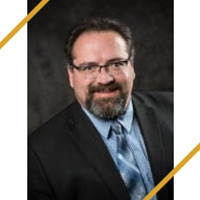 Rapid City Misdemeanor Lawyers, South Dakota
Rapid City Misdemeanor Lawyers, South Dakota
Not enough matches for Rapid City Misdemeanor lawyer.
Below are all Rapid City Criminal lawyers.
Sponsored Lawyers
1-10 of 20 matches
Accident & Injury, Criminal, Traffic, DUI-DWI
The Skinner Law Office, P.C., has long provided the highest-quality representation for residents living in the Black Hills region in South Dakota. Matthew L. Skinner's areas of practice include criminal defense, family law and personal injury. Regardless of the circumstances, he spends a great deal of time and effort in preparation of your case in order to achieve the desired result. Any legal strategy he pursues is with your best interests in mind.
(more)




